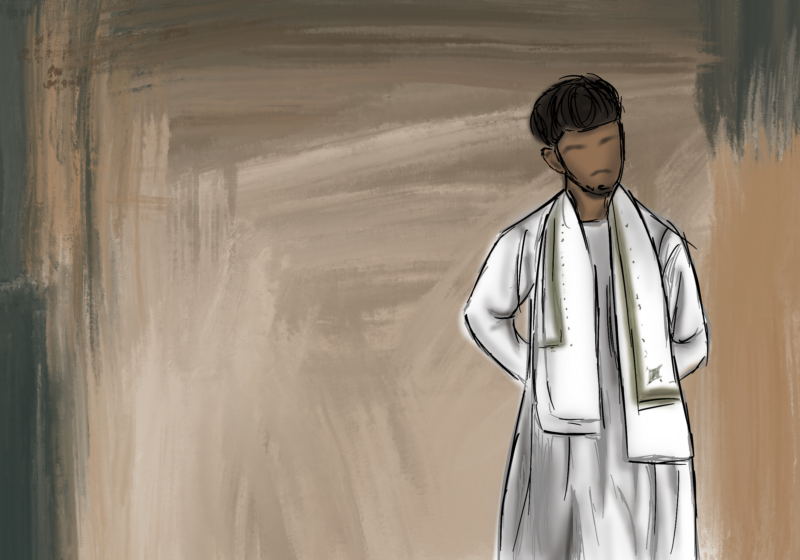The Collegiate Readership Program trial period ended on Friday, March 2 after four weeks of providing students and faculty with free newspapers in locations across the River Campus. Over spring break, the Rochester Center for Community Leadership Assistant Director for Operations Bryan Rotach will analyze the readership numbers as well as statistics from surveys conducted by USA Today.
“From our perspective, it was successful,” Rotach said. “We wanted it to tell us, ‘Are students interested in reading the news?’ It gave us some info that will drive where we head [with the program].”
While the full statistics have not been released as of press time, the numbers from the first two weeks of the program show that 3,947 newspapers were picked up during the first week and 4,660 newspapers were taken over the course of the second week. That averages out to between 800-900 newspapers per day.
Rotach pointed out that, according to USA Today and The New York Times, these numbers indicate a high level of utilization for a campus the size of UR. He also noted that USA Today estimates that, on average, a newspaper gets passed along between two and four times.
Students’ Association President Alexander Pearlman noted that while the numbers are definitely promising, they need to be taken in the context of the bigger picture.
“The question about the numbers is ‘Is it sustainable?'” Pearlman said. “If we came back from spring break and had all the April stuff going on, would the numbers have been the same? That’s what we need to know.”
While Rotach noted that it is unlikely the program will be reinstated for the remainder of this semester, all signs indicate that there will be an improved version implemented for the fall 2007 semester.
“It is very, very likely that we will offer a version of the Collegiate Readership Program in the fall,” Rotach said. “We are definitely interested in offering the most convenient and most sought-after newspapers.”
Pearlman echoed Rotach’s sentiments, adding the importance of continuing to offer such a program.
“The goal is to provide access to news,” Pearlman said. “In this day and age, students need to be exposed to current events in order to compete in this growing global world.”
After analyzing the available data, Rotach and Pearlman will meet with Director of Communications Bill Murphy, Dean of Students Jody Asbury and Associate Dean of Students Anne-Marie Algier. This group will look at ways to make the program more appealing to students, including branching out from newspapers.
“We need to create the perfect program,” Pearlman said. “There may be needs on our campus that the Collegiate Readership Program isn’t satisfying.”
Finding the most effective way to fund the new program will be another important task for the group. Pearlman said the issue is how much students are willing to help pay for the program and, if so, how much funding the University will contribute to alleviate the pressure on the student body. This could be funded by adding a fee to what students currently pay or by taking money from the current activities fee, thus reducing funding for student groups.
“Our goal is to make sure we’re spending [this money] in a fiscally responsible way,” Rotach said. “We want to make sure what we’re doing makes sense.”
Pearlman emphasized the need for honest feedback from students concerning their positions on such an issue.
“The question is, ‘Are students willing to commit some of their money to the program?'” Pearlman said. “Petitions will help us gauge the student response.”
Lately, there has been a push from students to convince other members of the student body to share their support for the program by writing letters to Pearlman. A Facebook group has been created with a model letter as well as encouragement to keep the program despite the costs and an online petition strives to build support for the preservation of the program.
RCCL and the SA are encouraged by the amount of student feedback that has already come in over the past month and plan on working with the student body to formulate the new version of the program.
“We have the numbers, but it’s also nice to hear how people use the papers,” Rotach said. “Students will definitely be involved in the process once we get a little farther along. Right now we’re in a fact-finding mode.”
Moeller is a member of the class of 2009.



